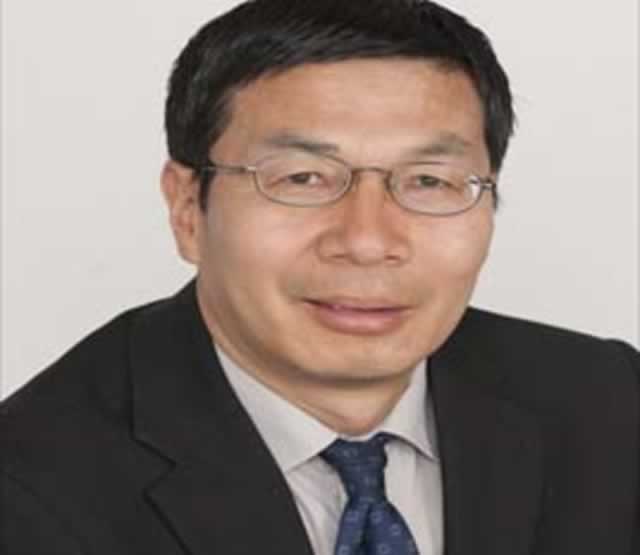World Bank calls for reforms unit

Business Reporter
Government must consider establishing a dedicated technical team to drive implementation of economic reforms that bring about sustained growth, the World Bank has said.
Senior economist with the World Bank’s International Finance Corporation, Mr Markus Scheuermaier, told a recent workshop to discuss special economic zones in Zimbabwe that such teams have helped emerging economies sustain growth.
“International experience has shown that dedicated reform teams, connected to the top of Government, have successfully helped emerging countries engineer sustained economic growth over several decades,” he said.
He said such teams have played a key role in designing development strategies, leading the dialogue with the private sector, critical policy negotiations, mobilising and allocating resources and compelling the administration to act.
However, the units should have authority and autonomy.
“Whichever the framework selected, it is essential that the reform unit be provided with the necessary support and resources.
“Clear milestones and objectives (must) be established, in order to undertake the reforms that will enable Zimbabwe to become, once again, one of Africa’s most competitive economies.”
The remarks were also met with concerns around the extent of policy implementation in the country, considered to be one of the factors that affect Government programmes.
Current efforts to establish the special zones mark the second time that Government has flirted with the idea of SEZs, having introduced Export Processing Zones, a form of SEZs, after it implemented EPZ before abolishing them in 2004.
SEZs are “demarcated geographic areas contained in a country’s national boundaries where the rules of business are different from those that prevail in the national territory”.
Government identified SEZs as one of the initiatives it will pursue under the Zimbabwe Agenda for Sustainable Socio-economic Transformation as part of reforms to make the country attractive to domestic and foreign investment.
Apart from crafting an appropriate legal, institutional and administrative framework for SEZ, Government is working on a number of initiatives to improve the doing business conditions.
This entails reforms on starting business, construction permits, property registration, credit information and secured transactions, protecting investors, taxation, trading across borders, enforcing contracts and resolving insolvency.
Mr Scheuermaier said SEZ can be used to attract investment, create jobs, integrate into the region, advance in technology and development of specific sectors of the economy.
SEZ’s can also be used as growth nods and pilot initiatives for wider economic reforms required to grow the economy.
However, the WB said while SEZ’s were a resounding success in a number of countries they are not a panacea for economic growth unless fully and well implemented, as many failed.
The success of SEZs also depends on wider economic stability, hence the need for Government to improve the economic environment to achieve the set objectives.
As such, Mr Scheuermaier said Government should state clearly its national development goals, policies and initiatives to advance these and establish if SEZs were the answer.
Through strategic planning, the WB said Government should also establish whether there is sufficient economic benefit to justify public sector support for an SEZ programme.
It also emerged that strategic planning would provide answers on whether there is sufficient financial return to attract private sector firms to develop and operate the first SEZ as they are critical to ensure SEZs success is inevitable.
Speaking at the workshop, WB senior economist Dr Douglas Zhihua Zheng said SEZs needed strong political leadership with support of stakeholders, to be pilot and catalyst for reforms and decentralisation of authority and autonomy.
“Both Software (policies, legislative framework, one stop shop, among others) and hardware (infrastructure) are (also) important.
“(There should be) separate regulatory and development roles to implement and develop through PPPs.
“They should build on comparative advantages and create linkages with the rest of the country (tourism spill-over into golden tourism triangle of Jordan) and integrating the local community,” he said.










Comments